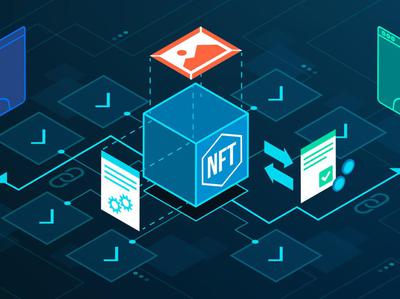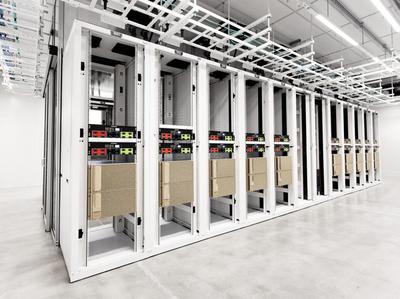Pharmaceutical Technology
•
8th June 2021
Quantum Brilliance: reimagining drug discovery with quantum computing
The discovery and design of novel therapies is an increasingly challenging endeavour in the 21st century; though technology has progressed in leaps and bounds, identifying previously unknown molecules and drugs has become trickier, and every avenue that could accelerate or enhance the process must be explored. Approaches that were once unthinkable, such as artificial intelligence, have become commonplace in drug discovery – and now, quantum computing is emerging as pharma’s next frontier.








